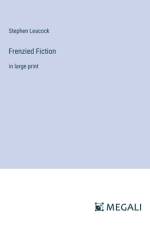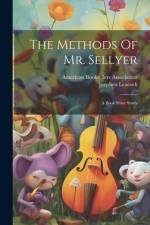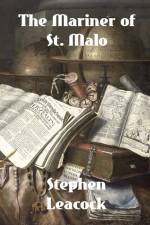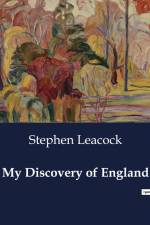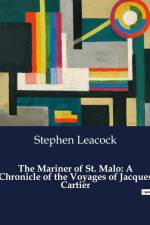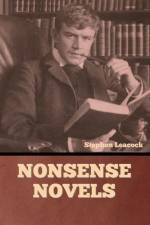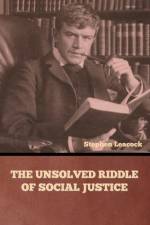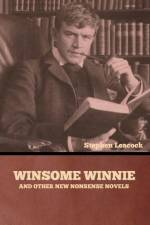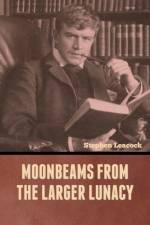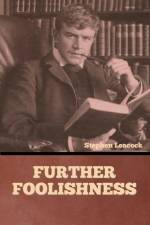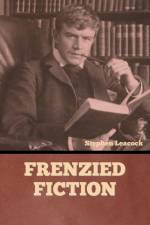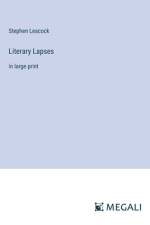av Stephen Leacock
255,-
Nonsense novels is a collection of superficial spoofs about every imaginable literary genre - the detective story, the hero story, the antihero story, the sea drama, the family drama, etc. He basically took a certain theme that most writers made a formula of and then annihilated it.But unlike most spoofs and parodies, Leacock never risked turning over-critical and over-assessing. You can see his efforts to keep the reader laughing, and nothing more. He was superficial, as if to almost suggest the mood of writers who repeat a literary formula to achieve a shortcut to fandom. And one can only admire his intention to do this - he made fun of others by making fun of himself - there is character in such an attempt. (Sarthak Pranit)About the author: Stephen P. H. Butler Leacock FRSC (30 December 1869 - 28 March 1944) was a Canadian teacher, political scientist, writer, and humorist. Between the years 1915 and 1925, he was the best-known English-speaking humorist in the world. He is known for his light humour along with criticisms of people's follies. Early in his career, Leacock turned to fiction, humour, and short reports to supplement (and ultimately exceed) his regular income. His stories, first published in magazines in Canada and the United States and later in novel form, became extremely popular around the world. It was said in 1911 that more people had heard of Stephen Leacock than had heard of Canada. Between the years 1915 and 1925, Leacock was the most popular humorist in the English-speaking world. A humorist particularly admired by Leacock was Robert Benchley from New York. Leacock opened correspondence with Benchley, encouraging him in his work and importuning him to compile his work into a book. Benchley did so in 1922, and acknowledged the nagging from north of the border. Near the end of his life, the US comedian Jack Benny recounted how he had been introduced to Leacock's writing by Groucho Marx when they were both young vaudeville comedians. Benny acknowledged Leacock's influence and, fifty years after first reading him, still considered Leacock one of his favorite comic writers. He was puzzled as to why Leacock's work was no longer well known in the United States. His works can be described as a balancing act between cutting satire and sheer absurdity. He also wrote extensively on his chosen fields of study, political science and political economy. Leacock was professor, but in his works he reflected with wit and ingenuity on everyday situations. During the summer months, Leacock lived at Old Brewery Bay, his summer estate in Orillia, across Lake Simcoe from where he was raised and also bordering Lake Couchiching. A working farm, Old Brewery Bay is now a museum and National Historic Site of Canada. Gossip provided by the local barber, Jefferson Short, provided Leacock with the material which would become Sunshine Sketches of a Little Town (1912), set in the thinly-disguised Mariposa. Leacock was awarded the Royal Society of Canada's Lorne Pierce Medal in 1937, nominally for his academic work. (Wikipedia.org)

